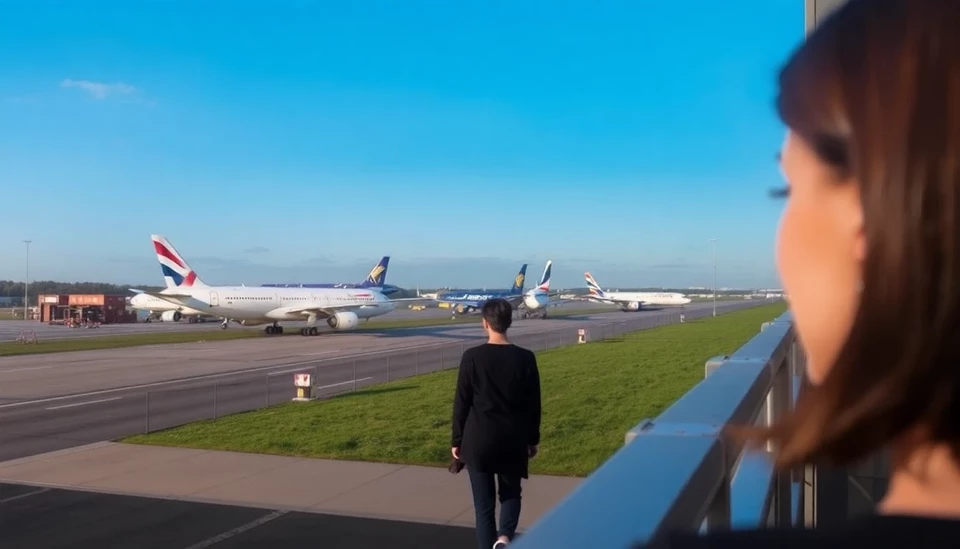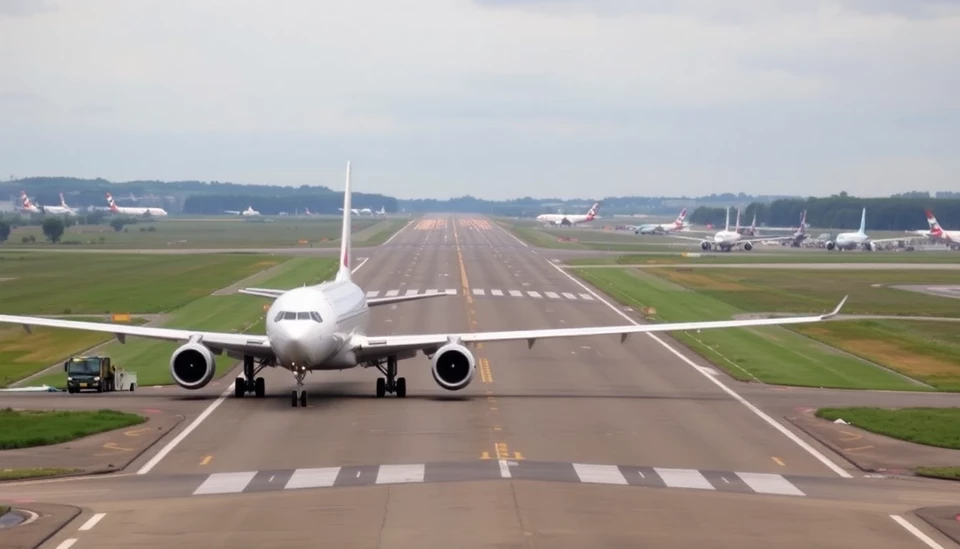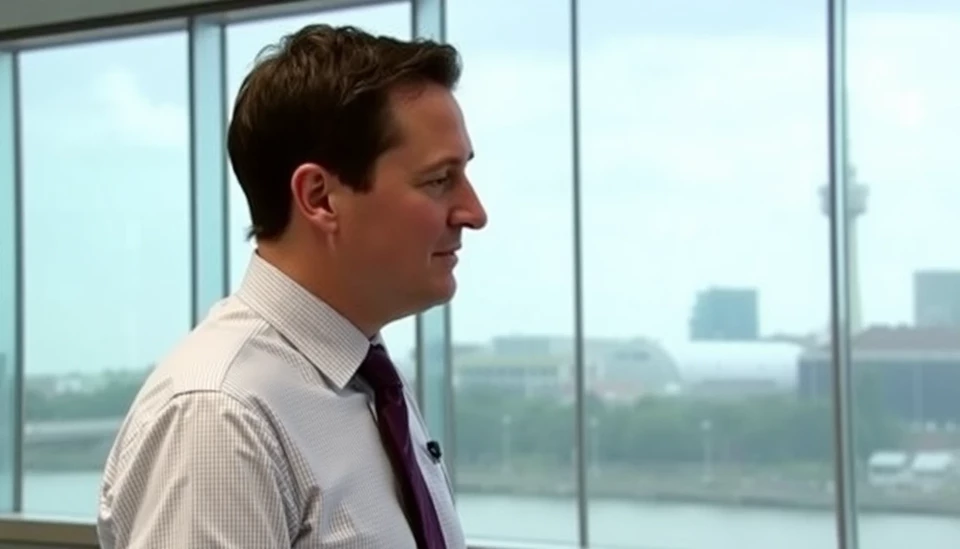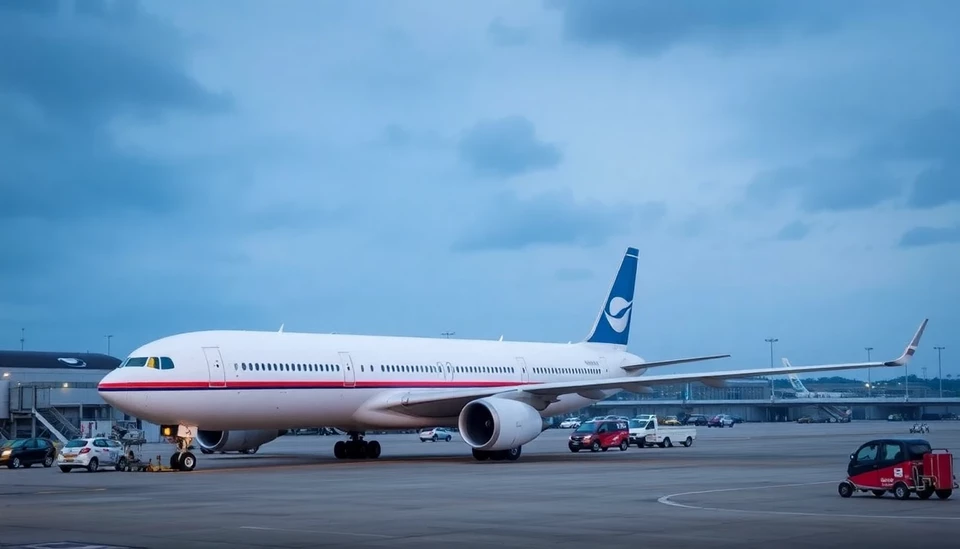
The ongoing debate regarding the expansion of Heathrow Airport took a new turn with Labour's Shadow Chancellor Rachel Reeves weighing in on the controversial proposal for a third runway. As plans for the expansion continue to stir emotions among various stakeholders, Reeves' endorsement has not only escalated discussions but also revealed deep divisions within the party and beyond.
Heathrow Airport, a pivotal hub for international air travel, has long sought to expand its capacity, arguing that a third runway is essential for boosting the UK’s economy and enhancing its global connectivity. However, this proposition faces staunch opposition on environmental grounds and concerns over increased air traffic. Critics argue that the potential ecological impact of such an expansion, particularly concerning air quality and noise pollution, could be devastating, particularly for local communities.
Reeves' support, ostensibly aimed at solidifying Labour’s position on economic recovery post-pandemic, has sparked fresh controversy. Many within the Labour party, including senior figures, have expressed reservations about the environmental implications of expanding Heathrow. Concerns regarding climate change and sustainable development have increasingly become focal points in political discourse, making Reeves’ endorsement of the runway extension a hot-button issue.
In her recent statements, Reeves emphasized that investing in crucial infrastructure like Heathrow is key to regenerating the economy. She argued that the third runway would create thousands of jobs and enhance the UK’s competitive edge as a nation reliant on global connectivity. However, this pragmatic approach faces backlash from environmental activists who view it as a betrayal of the Labour Party’s historical commitment to combating climate change.
The backlash is particularly potent as the UK grapples with its ambitious climate goals, following significant commitments established during international climate accords. Many activists and local constituents perceive the expansion plans as a direct contradiction to the government's pledges to reduce carbon emissions, leading to protests and campaigns against the third runway's approval.
Insights from industry analysts suggest that while there is a measurable economic benefit to the expansion, the long-term ramifications on the environment could outweigh immediate gains. The tension between economic recovery and environmental sustainability presents a challenging dilemma for political leaders and policymakers, pushing the issue into the public spotlight.
As the Labour party navigates this contentious terrain, it faces the crucial task of reconciling economic needs with environmental responsibilities. This situation encapsulates a broader discourse on how nations can balance development with sustainability as global warming and climate crises loom large on the horizon.
The Heathrow third runway proposal exemplifies the complexities of modern policymaking, where decisions can alienate constituents, transcend party lines, and affect the country's climate commitments. As this debate continues to unfold, it will be interesting to see how the Labour party strategizes moving forward, especially in light of upcoming elections where environmental issues are increasingly central to voters.
As pressure mounts on all fronts, will Rachel Reeves’ call for economic pragmatism prevail, or will the emphatic plea for environmental accountability win the day? Only time will tell where this unfolding saga will lead.
#HeathrowExpansion #RachelReeves #ClimateChange #LabourParty #ThirdRunway #EnvironmentalConcerns #SustainableDevelopment
Author: Megan Clarke


